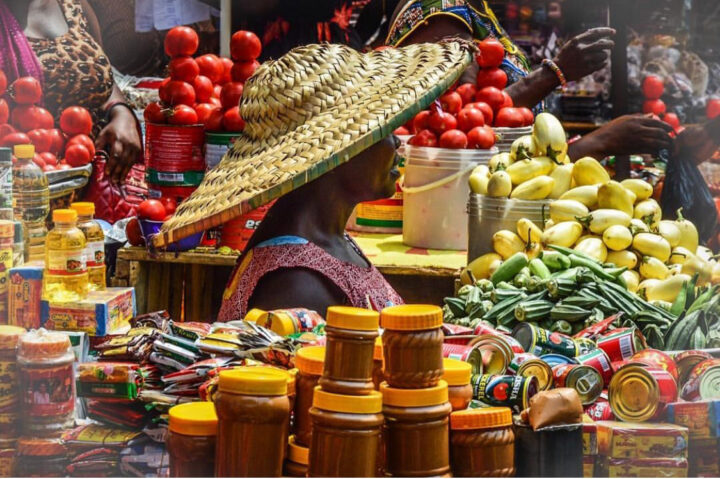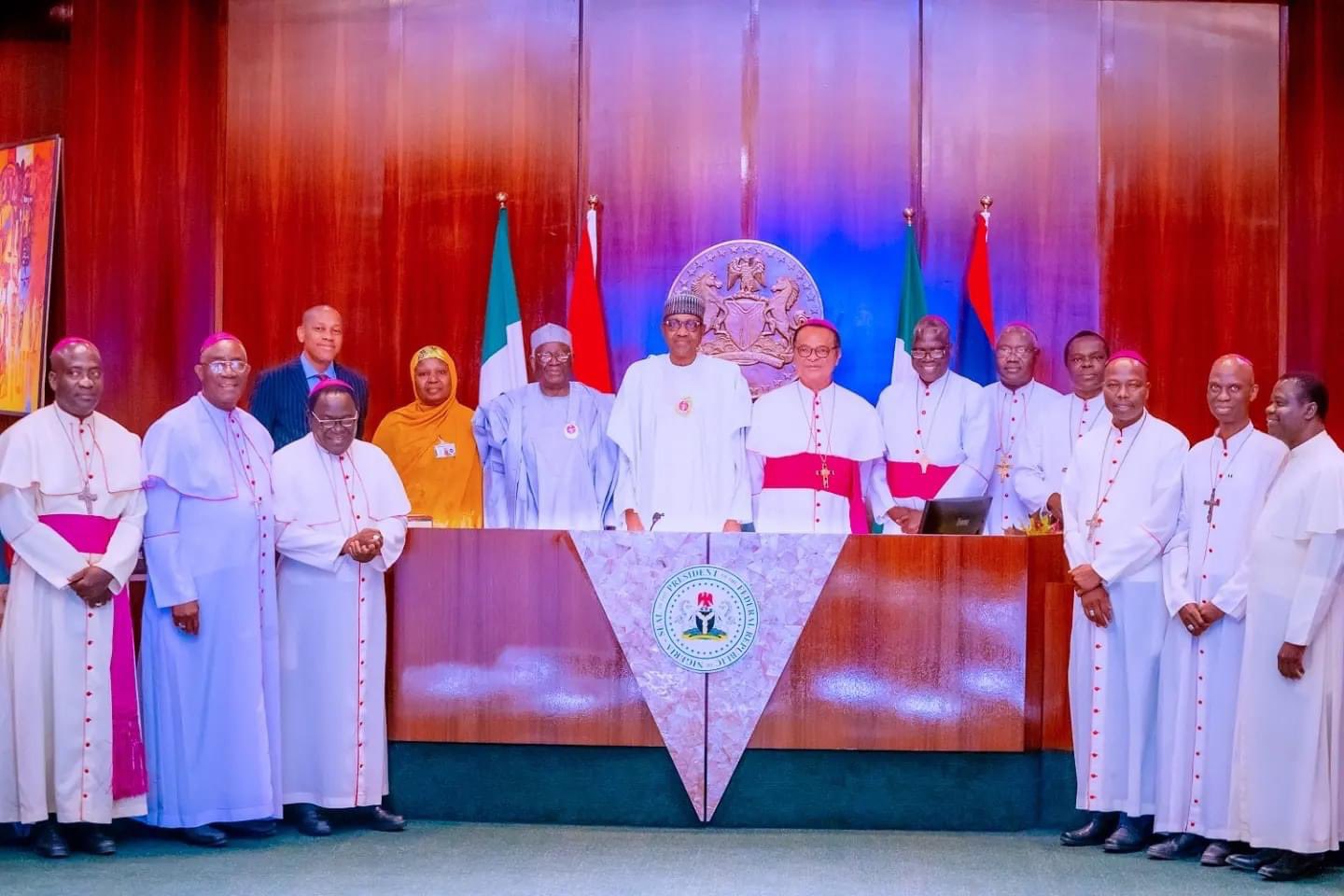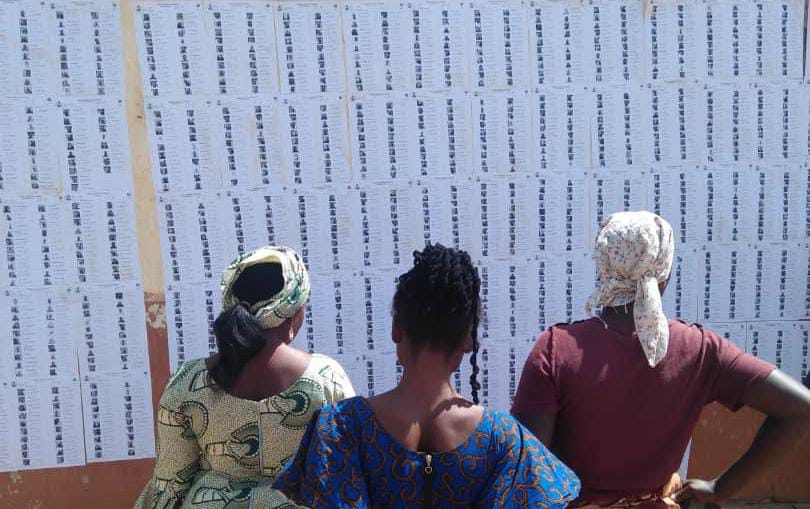Ghana’s annual consumer inflation rate accelerated to a new 22-year high of 54.1 percent in December 2022, up from 50.3 percent in November.
Samuel Kobina Annim, the government statistician for Ghana, announced this at a media briefing on Wednesday.
The latest inflation rate is the highest since April 2001, when it was at 59.7 percent.
Ghana’s statistics office attributed the hike to steep increases in food, transport, and housing costs.
Advertisement
It said prices rose the most in the category of housing, water, electricity, gas, and other fuels, increasing to 82.34 percent year-on-year.
Furnishings and household equipment came second at 71.52 percent, followed by transport at 71.42 percent, then personal care, social protection, and miscellaneous goods and services at 60.94 percent.
The agency said inflation for food and non-alcoholic beverages rose to 59.71 percent year-on-year.
Advertisement
It added that inflation for locally produced items was 51.1 percent, while that of imported items stood at 61.9 percent.
Since last year, the West African country has been battling an economic crisis.
In July, it approached the International Monetary Fund (IMF) to ask for financial help after soaring prices and other economic woes spurred street protests.
A staff-level agreement with the IMF for a $3 billion three-year support package was later secured in December.
Advertisement
One of the grounds on which Ghana got the facility from the IMF is a “comprehensive debt restructuring”.
As part of efforts to restore public debt sustainability, the Ghanaian government, on December 5, launched a domestic debt exchange programme.
The government also suspended debt service payments on eurobonds and commercial term loans.
Advertisement
Add a comment






